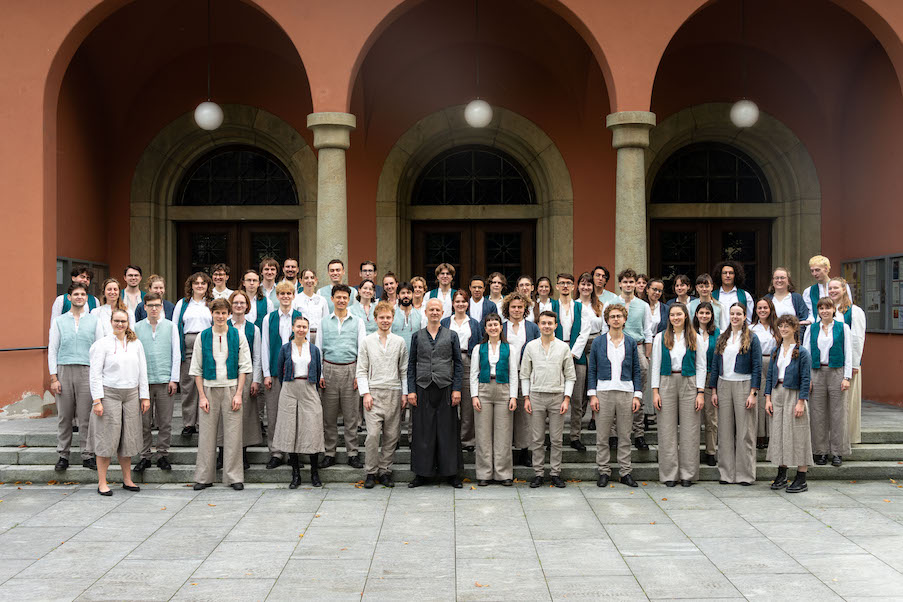Music and the Industrial Revolution
Two antinomian aspects of the 19th century are examined in relation to music: mechanical progress and the use of hypnosis. A third book examines Bach's cello suites.
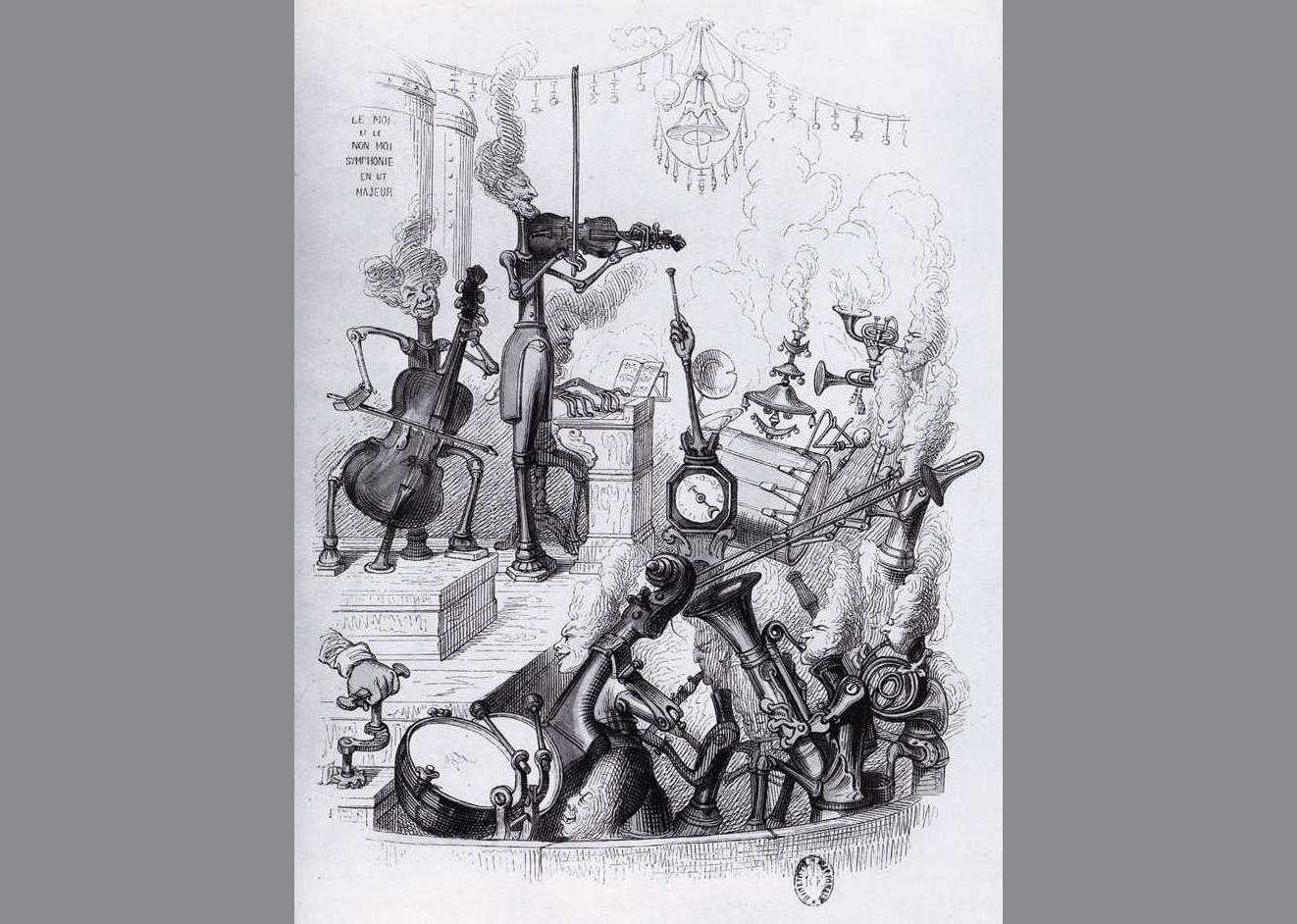
Still rare in the French-speaking world, the parallel study of the evolution of musical art and its historical material context opens up interesting perspectives. In an essay as well documented as it is accessible, musicologist Emmanuel Reibel examines the aesthetic mutations resulting from the industrial revolution, driven by the technical developments brought about by the discovery and mastery of the properties of electricity and steam, as well as the ambivalent, fascinated or frightened relationships of musicians and music lovers with the world of machines - from automata and mechanical instruments to the first experiments in sound reproduction, whether live (telephone audition and theatrophone) or through recordings (phonograph and gramophone). Research and reflection cover the entire 19th century, with a particular focus on France. In particular, it tells the story of the advent of the metronome, its precursors, its success and the various controversies surrounding its use: from a faithful regulator of the tempo prescribed by the composer, it also became a coercive conditioning tool externalizing the sensation of musical time. The book analyzes the impact of this period of technological innovation - obsessed with mechanical progress, performance, rationalization and standardization, cultivating rhythm and speed - on composition and performance, as well as on the mass production of musical instruments, which reduced their price and made them more affordable, thus helping to democratize their learning.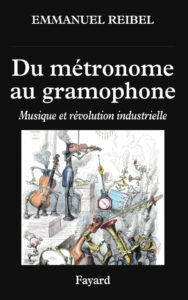
During this period of industrial expansion and rationality, neurology, scientific psychology and psychiatry emerged as counterpoints, and hypnosis was one of their favorite subjects of study, notably for Charcot, Janet and Freud in the early days. In a recently published book, historian Céline Frigau Manning explores the links established in the 19th century between this particular state of consciousness, music and the medical sciences, and questions the diversity of uses and statuses of Euterpe's art in these circumstances. The nervous excitation provoked by sounds could be used to heal, induce ecstasy or reinforce the hypnotist's power, or even dramatize a public performance: freeing itself from the realm of scientific experimentation or therapeutic care, hypnotism had in fact also become an object of spectacle. At the turn of the 20th century, the gestures and mimics elicited by musical impulses were even able to produce aesthetic sensations. Drawing on numerous medical and literary testimonies as well as press reports, the author describes numerous examples of strange phenomena due to the anesthetic, thaumaturgical or hallucinatory practices of music, including attacks of tarentism or the self-inflicted ordeals of trance-ridden members of the Aïssâwa Sufi brotherhood.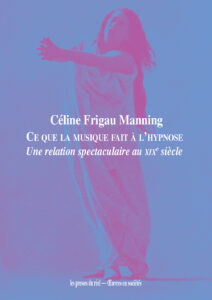
The fruit of conversations between Emmanuel Reibel and cellist Jean-Guihen Queyras, a book devoted to Bach's six Suites for solo cello combines interpretative considerations and personal recollections of the Franco-Canadian, who has played this cornerstone of the cello repertoire countless times, recorded it on disc and even performed it accompanied by choreography. With which bow and which strings (gut or metal) to play this corpus, on which instrument or scordature (for the fifth and sixth suites), the character of the different movements, the realization of chords and ornaments, vibrato, nuances and tempi, the role of underlying harmony: these are just some of the themes addressed by the musician marked as much by his time with the Ensemble intercontemporain as by his encounter with Anner Bylsma. In his image, this exchange will be neither academic nor dogmatic, but a free and generous sharing.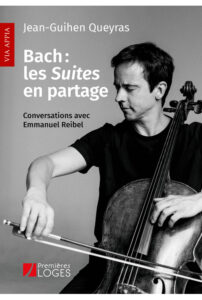
Emmanuel Reibel: Du métronome au gramophone. Musique et révolution industrielle, 384 p., € 24.00, Fayard, Paris 2023, ISBN 9782213722252
Céline Frigau Manning: Ce que la musique fait à l'hypnose - Une relation spectaculaire au XIXe siècle, 384 p., € 28.00, Les presses du réel, Dijon 2021, ISBN 978-2-37896-174-9
Jean-Guihen Queyras : Bach : les Suites en partage, Conversations with Emmanuel Reibel, 180 p., € 18.00, Premières Loges, Paris 2022, ISBN 978-2-84385-385-2






